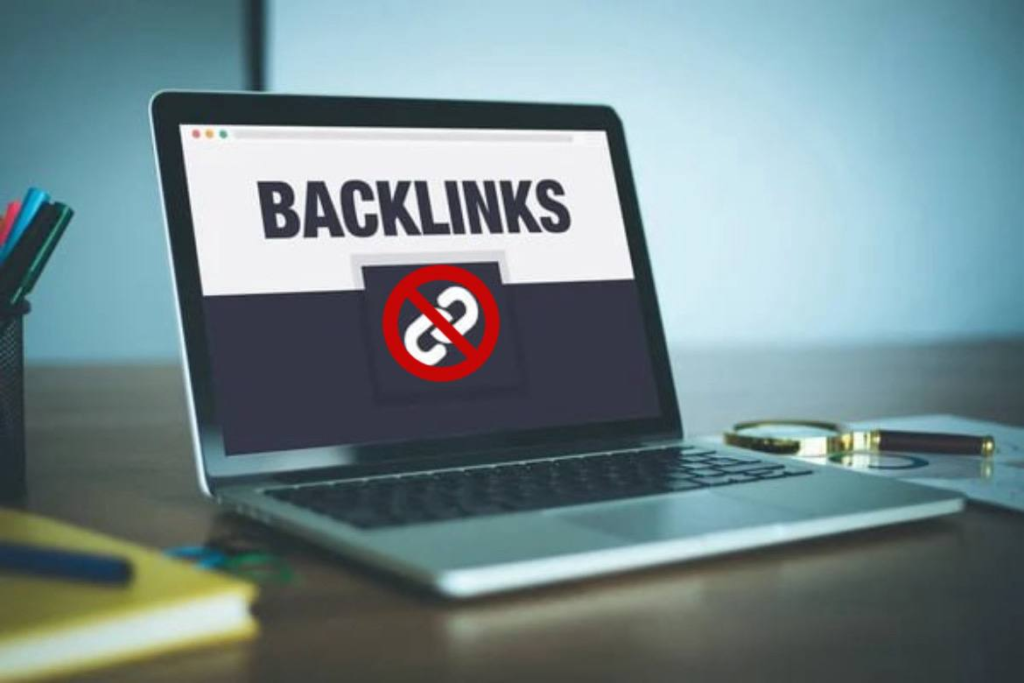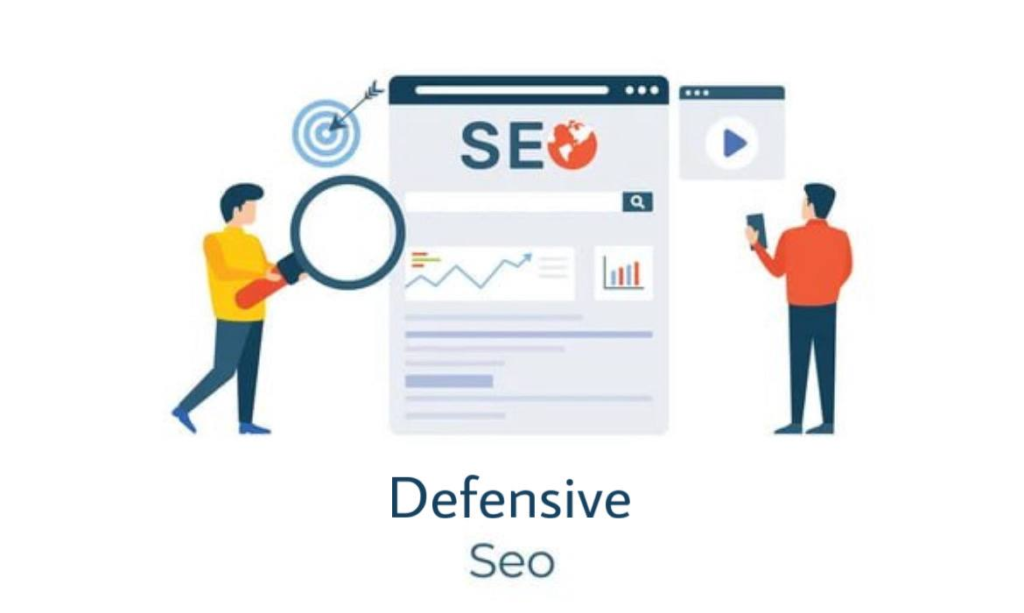
Many brands think that high rankings are permanent, and they can stop building backlinks. They already have higher traffic and more clients.
Do you have to continue working with link building services in that case?
The answer depends on your current position and niche. Keep reading and learn when to stay active and when to pause your activities!
The Myth: “If I Rank, I Don’t Need More Links”
Many organizations assume that once their page achieves the top results, the job is done. They stop investing in link-building services. Yet, ranking is not the end goal. Backlinks help you stay visible and competitive.
Why this belief is common
This myth is common because when a page starts ranking well, the traffic and conversions increase. Many specialists mistake it for a permanent outcome.
Link acquisition requires a lot of resources for
- Outreach
- Content creation
- Partnerships
- Persistence
So, it’s often tempting to reduce or even stop the efforts to save the budget.
Also, some marketers wrongly believe that high authority leads to static high rankings. However, Google’s algorithms always change, and you need to reevaluate your pages regularly.
What Google really values long-term
You need to know about the main Google values to understand why ongoing link building services matter.
First, it wants proof that your resource continues to earn trust. Plus, it values active publications a lot. Backlinks are a key indicator of trustworthiness and credibility.
Google rewards content that stays relevant. So, continuous references are essential.
Another aspect Google always monitors is velocity. If your page’s growth stops, your competitors will have an advantage. The algorithms might reassess the value of your resource.
What Happens When You Stop Building Links

Quality link-building services are the foundation of successful SEO strategies. They showcase your authority and help you stay competitive.
So, what really happens when you stop gaining backlinks?
The impact may not be immediate, but it will be hard to recover from it.
Competitor pressure and SERP volatility
Your competitors continue to evolve when you stop your efforts. They still earn new backlinks through
- PR
- Content marketing
- Partnerships
- Digital campaigns
It brings them closer to the top of the search results and pushes you down.
As you already know, Google’s algorithms frequently reassess site relevance and authority. They will change their preferences if your profile stagnates. As a result, your visibility and rankings drop.
Another typical pattern is SERP volatility. Your site might bounce around the results pages and hold the positions temporarily. However, it will still fail without stable backlink growth.
Link decay and algorithm updates
Even the best backlinks aren’t permanent, and they naturally decay. Sometimes, Google removes pages, or they lose their own authority. Your link equity gets worse if domains disappear or become less relevant.
Also, the algorithms sometimes change the ranking factors. You have to follow all the updates and develop your backlink profile to keep up.
You may lose SEO value without fresh backlinks. As a result, your site becomes vulnerable to penalties and loses visibility.
Link Building for Defensive SEO

The purpose of the best link-building services is not just to achieve rankings. You have to defend them and maintain visibility. So, you need a defensive SEO strategy to protect your position and authority.
Protecting your positions from erosion
Your existing positions don’t remain static when you stop building backlinks.
Why does it happen?
- Competitor activity
- Link decay
- Algorithm updates
- Search intent drift
A defensive link-building plan can be your buffer in this case. You can demonstrate that your content is relevant by continually earning quality backlinks to your core pages and supporting content.
This approach helps you strengthen your SEO value instead of fixing the problems.
Reinforcing authority across your topic cluster
Quality content is not enough for a successful strategy. SEO depends on topical depth and interconnectedness. Using topic clusters appropriately can help you achieve a better structure and a higher level of connection.
Every backlink you build to a specific page in your topic cluster strengthens every other page within it by
- Passing equity through internal structures
- Showing topical authority
- Supporting semantic relevance
A well-linked cluster creates more entry points for related queries and distributes authority to multiple pages. Basically, you own the entire topic space, and it’s hard for others to compete.
When You Might Not Need More Links
You already know that steady link-building services are essential for your authority and visibility. However, in certain situations, getting more backlinks leads to wasted resources and an unnatural profile.
You need to understand when you should do more and when to stop.
Branded search dominance
Backlinks are not that necessary when your brand becomes the keyword.
The concept of branded search dominance appears when users actively search for your business by name instead of general keywords. It’s proof of your strong market presence and trustworthiness.
Why does it matter?
Google regularly analyzes user activities, like
- CTR
- Dwell times
- Search behavior
Branded search activity is a huge indicator of credibility and relevance.
Google might rank your domain above others for non-branded terms. It will show your site more often in autocomplete suggestions and sitelinks.
If your analytics show a rise in branded traffic, consider pausing your link-building efforts.
Focus on brand awareness campaigns and UX improvements. Also, pay more attention to conversion rate optimization and PR.
No active competition in your niche
Some niches don’t have any serious SEO competitors. Your main rivals may have
- Weak websites
- No dedicated SEO strategy
- Poor technical foundations
You don’t need many backlinks if the results for your keywords are thin or outdated. Google ranks content relative to what’s available.
There’s no point in spending more money on link building services if you’ve already outranked your competitors. Try to improve your internal structure instead. Concentrate on creating lead magnets or tools to improve user engagement.
Page already ranking #1 for all key variants
If you’ve done everything right and your page is number 1 in the results, backlinking won’t help it rank any higher. Pointing too many links to one page can even unbalance your entire profile.
So, stop your activities when you see
- Top rankings
- Featured snippets
- High stability over time
Focus on other pages with high potential and improve the existing content to future-proof it.
Final Verdict: Build Links Proactively, Not Reactively
Working with the best link-building services is an investment in your lasting authority and trust. It shouldn’t be the reaction to a rankings drop or the chase for positions. Smart specialists treat this activity as a proactive effort.
Ongoing link building allows you to
- Accumulate domain authority
- Handle competitors and algorithmic updates
- Avoid risks and pressure
As we’ve highlighted above, you shouldn’t be aggressive in certain situations. Try to monitor your performance and allocate equity smartly.



